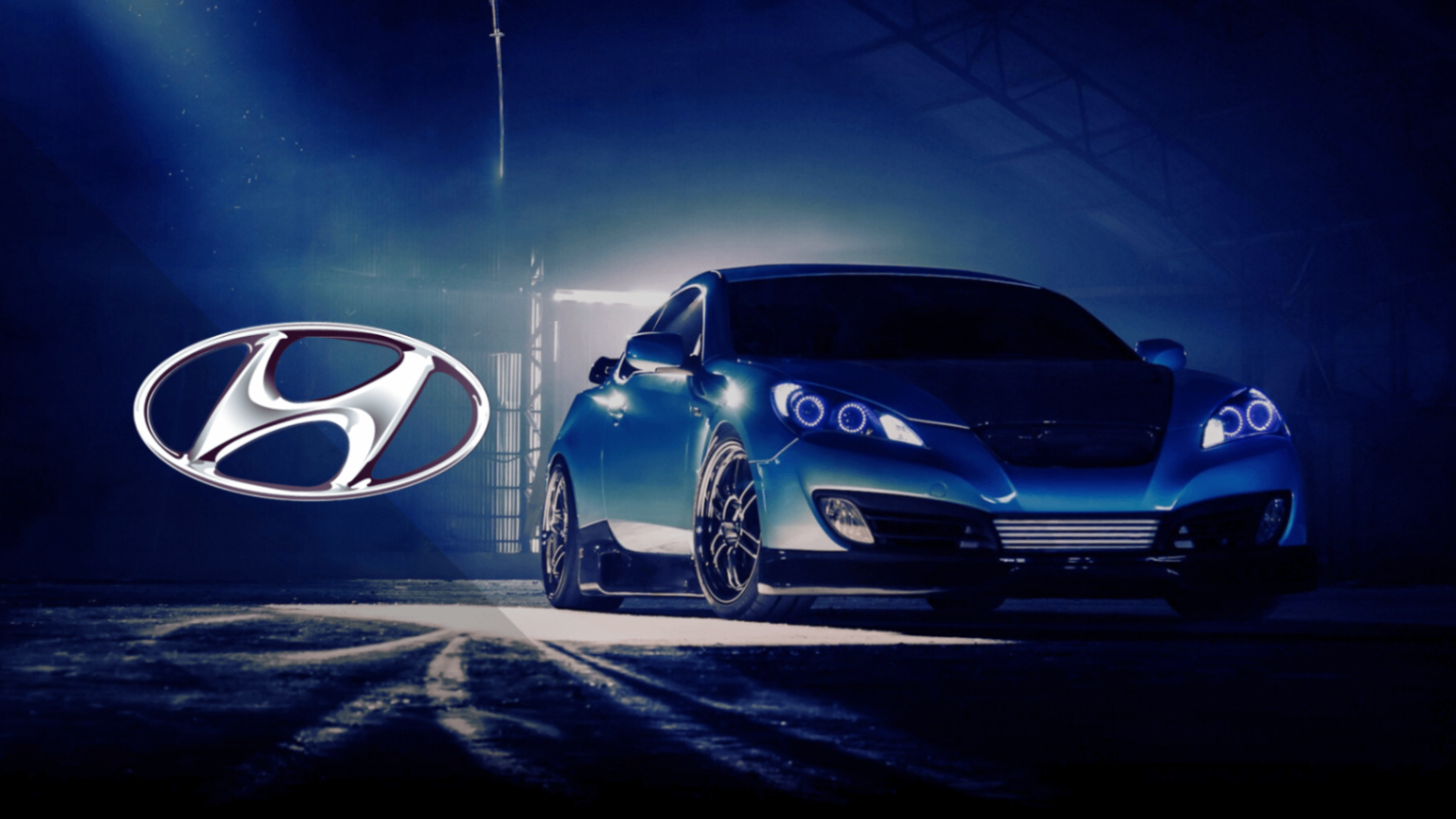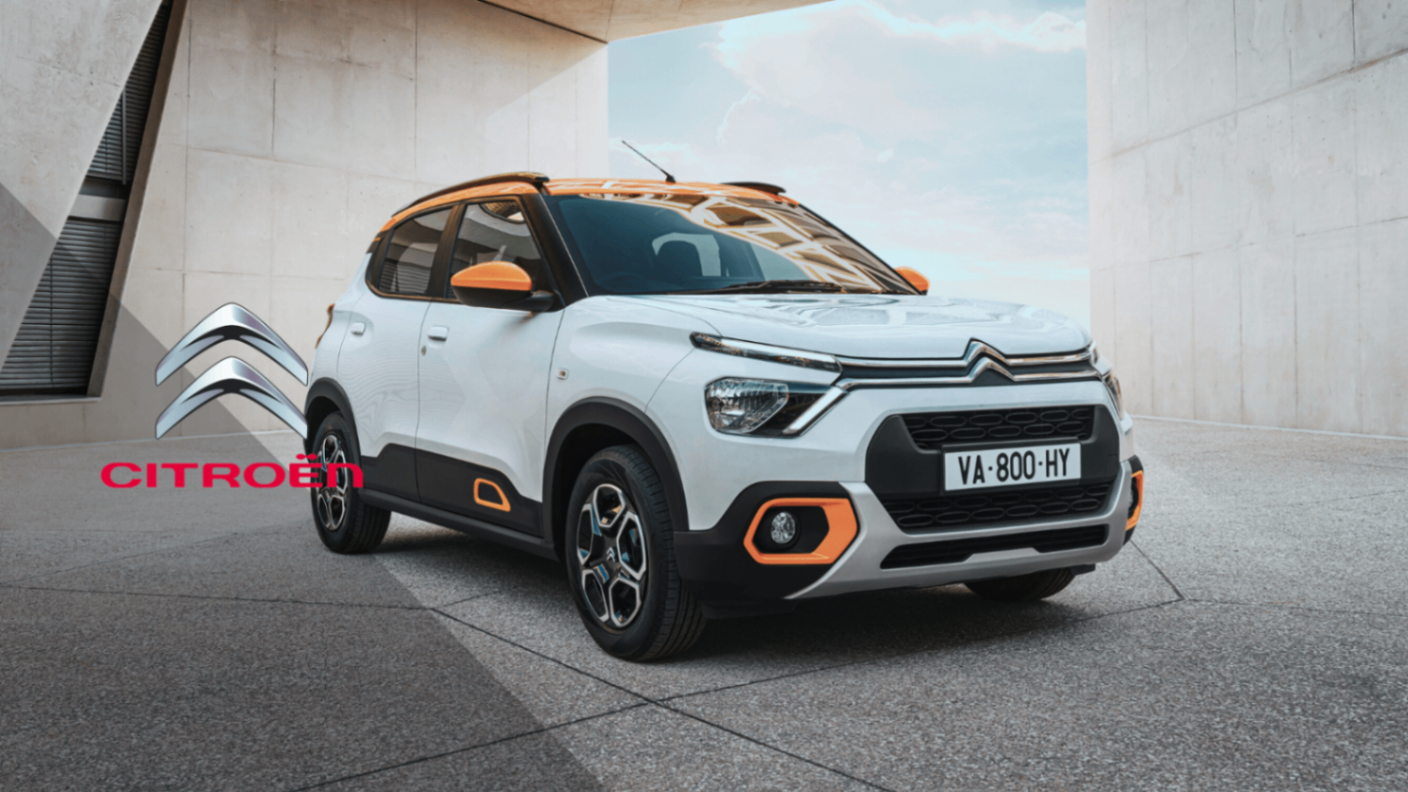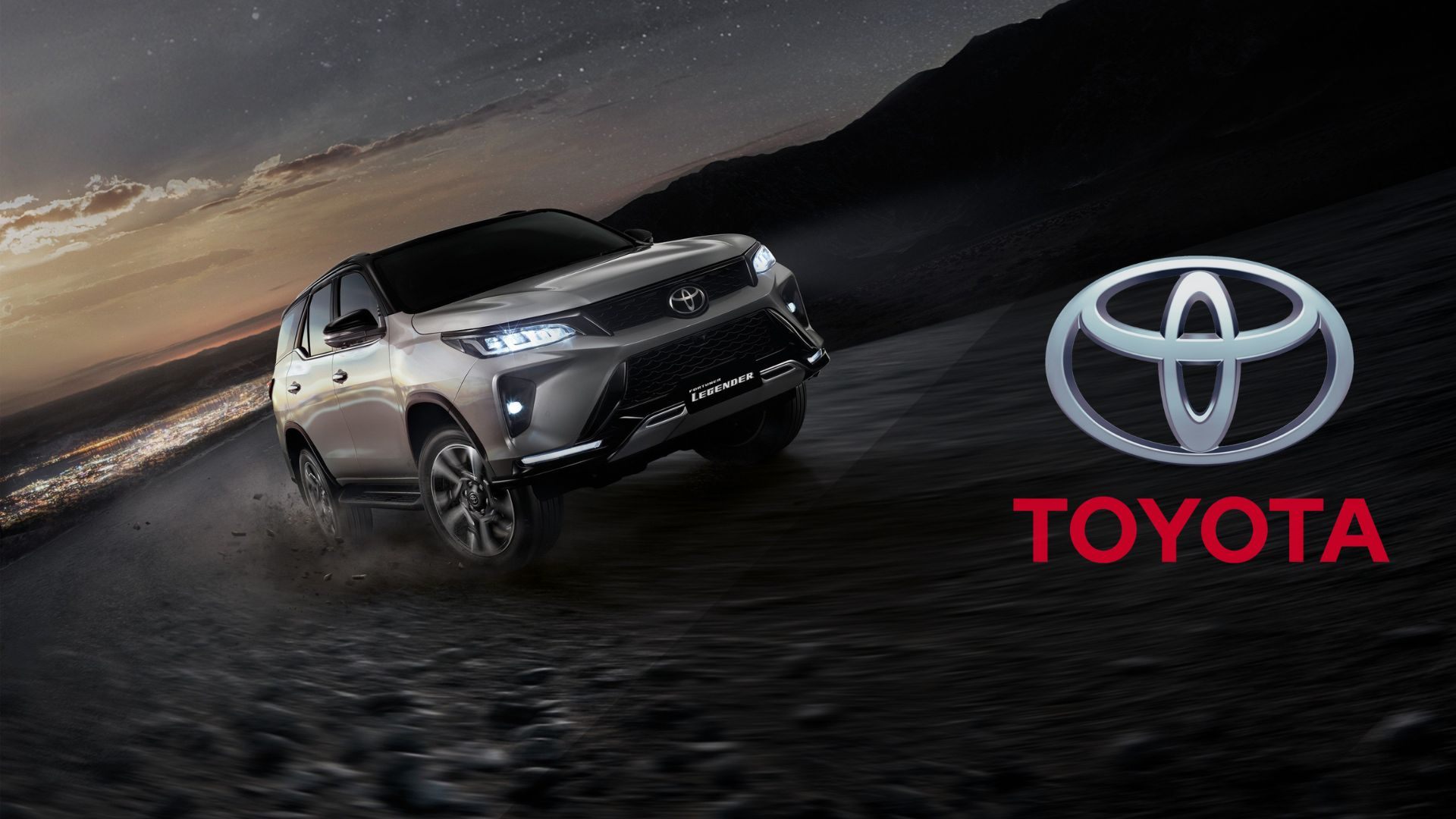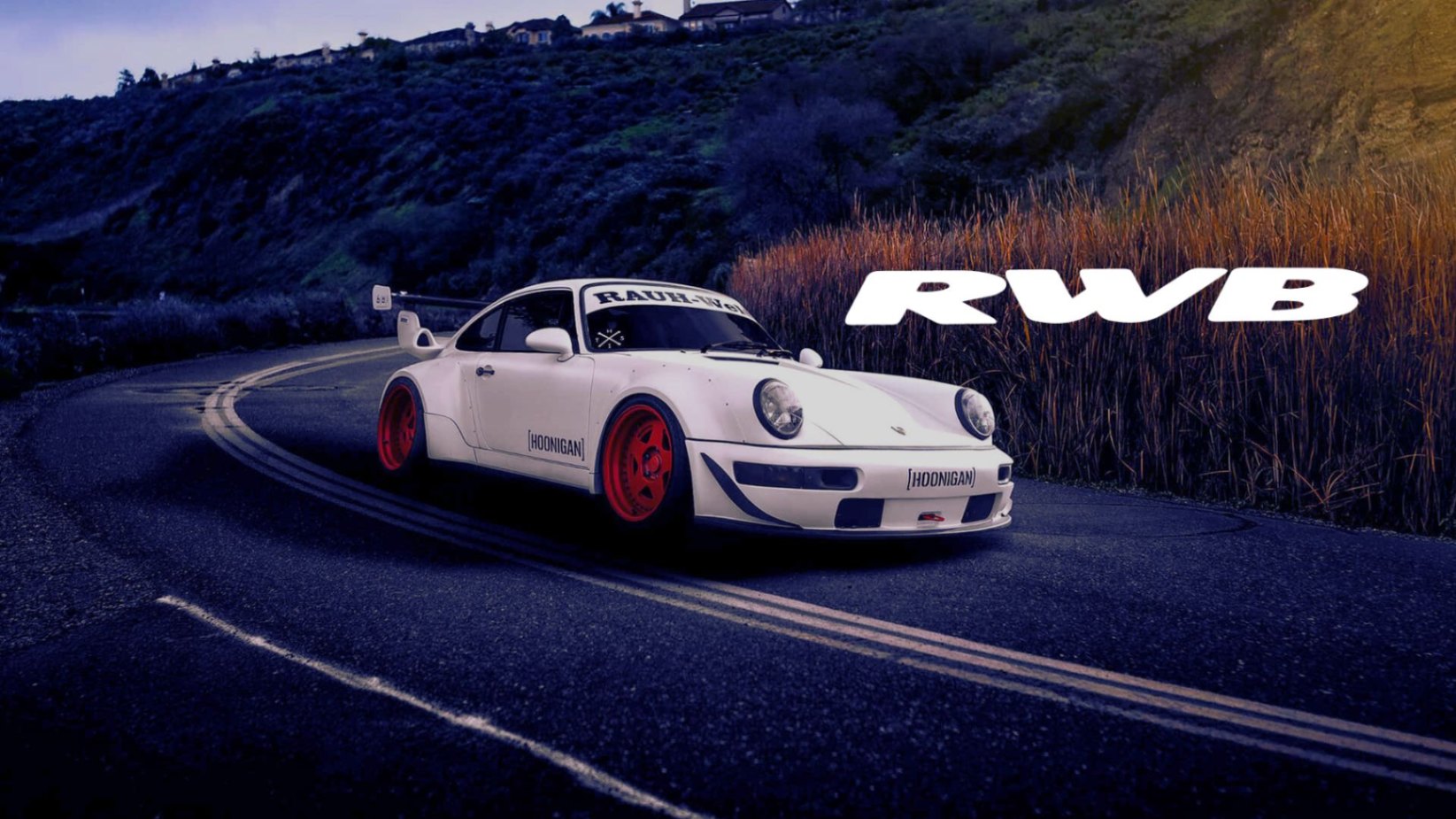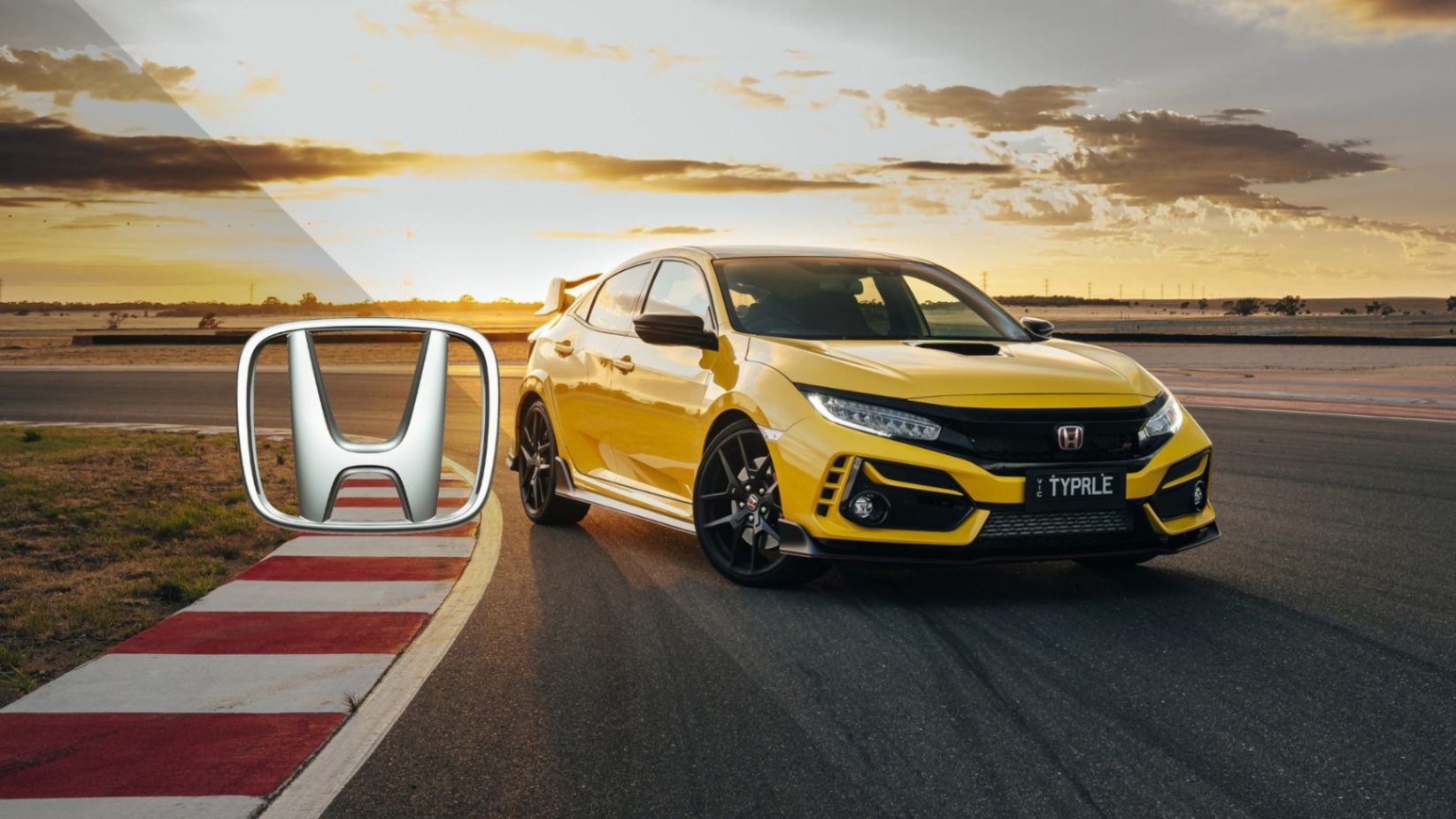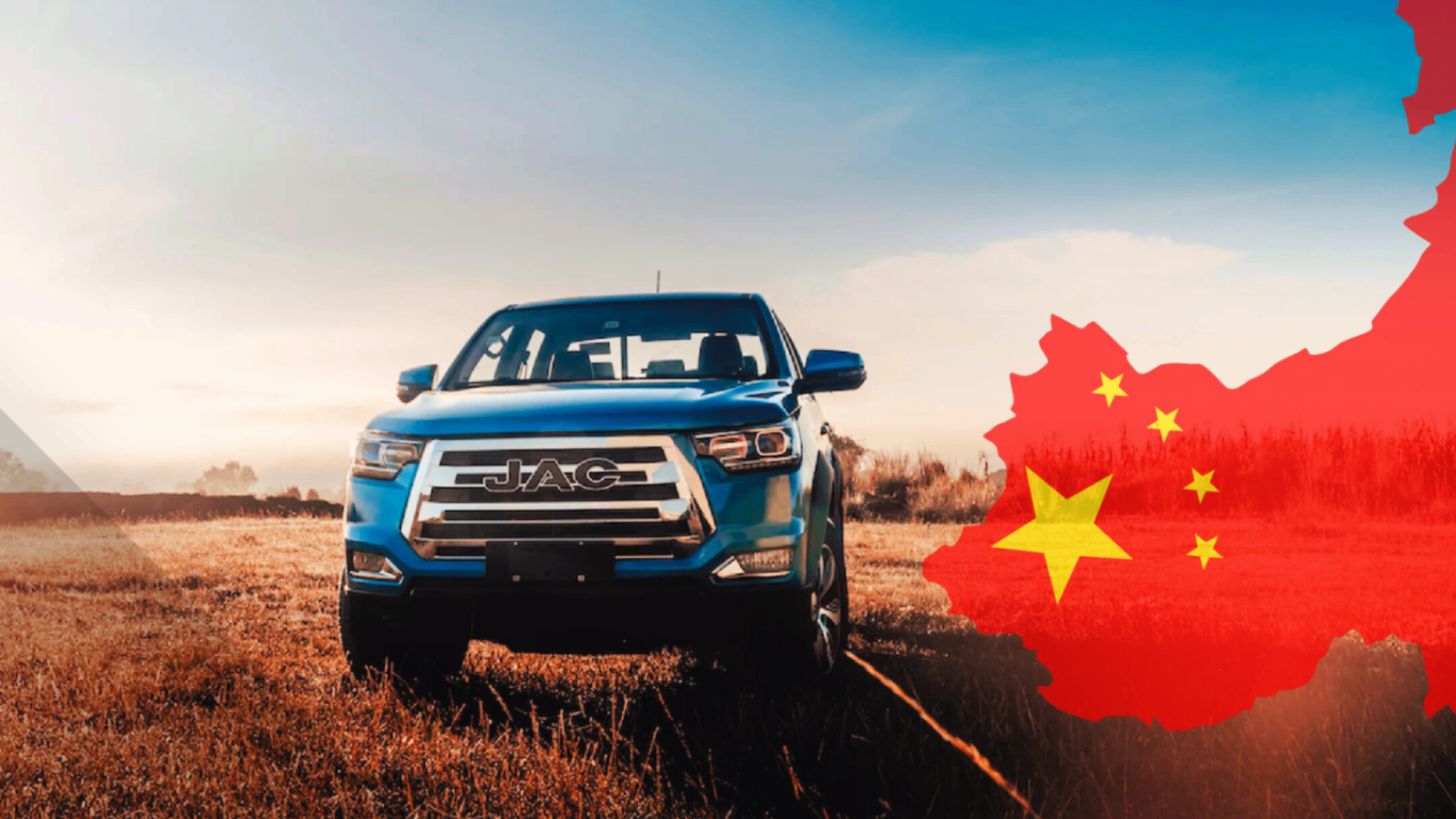
Today we're diving into the story of a brand that has achieved the incredible: building Porsches... that aren't Porsches! Confused? Get ready, because we're about to meet RUF. Plus, I'll reveal some fun facts you probably didn't know about this jaw-dropping brand.
The Beginnings of RUF
When we think of RUF, many might mistake it for a simple Porsche tuning company. But the reality is that RUF is an independent brand that has made a name for itself in the automotive world with its own approach, identity, and above all, a philosophy that sets it apart from any other manufacturer.
Its story begins in a small auto repair shop in Pfaffenhausen, a quiet town in Germany. It all started in 1939 when Alois Ruf founded Auto Ruf, a company originally dedicated to repairing and modifying buses. But the real change came when his son, Alois Ruf Jr., was born, who had an immense love for cars, especially Porsches. At just 24 years old, in 1963, he began experimenting with sports cars and making modifications that soon set him apart from other enthusiasts.
Look Here: The Dark Side of Porsche: Cars and Armaments in Nazi Germany
RUF's first major milestone came in 1981, when the company was officially registered as an automaker. From that point on, they not only modified Porsches but began building their own vehicles, based on Porsche chassis but with their own engineering and design. The result: more powerful, faster cars with a handcrafted touch that made them unique.
Although RUF uses Porsche bodies and engines as a base, their relationship is quite special. RUF maintains a close collaboration with Porsche but remains completely independent, allowing them to explore their own ideas without restrictions.
Each RUF car is custom-built to the exact specifications of the buyer. This is not something you can say about many manufacturers. In fact, some RUF clients are so involved in the building process that they even visit the factory to personally oversee the creation of their vehicle.
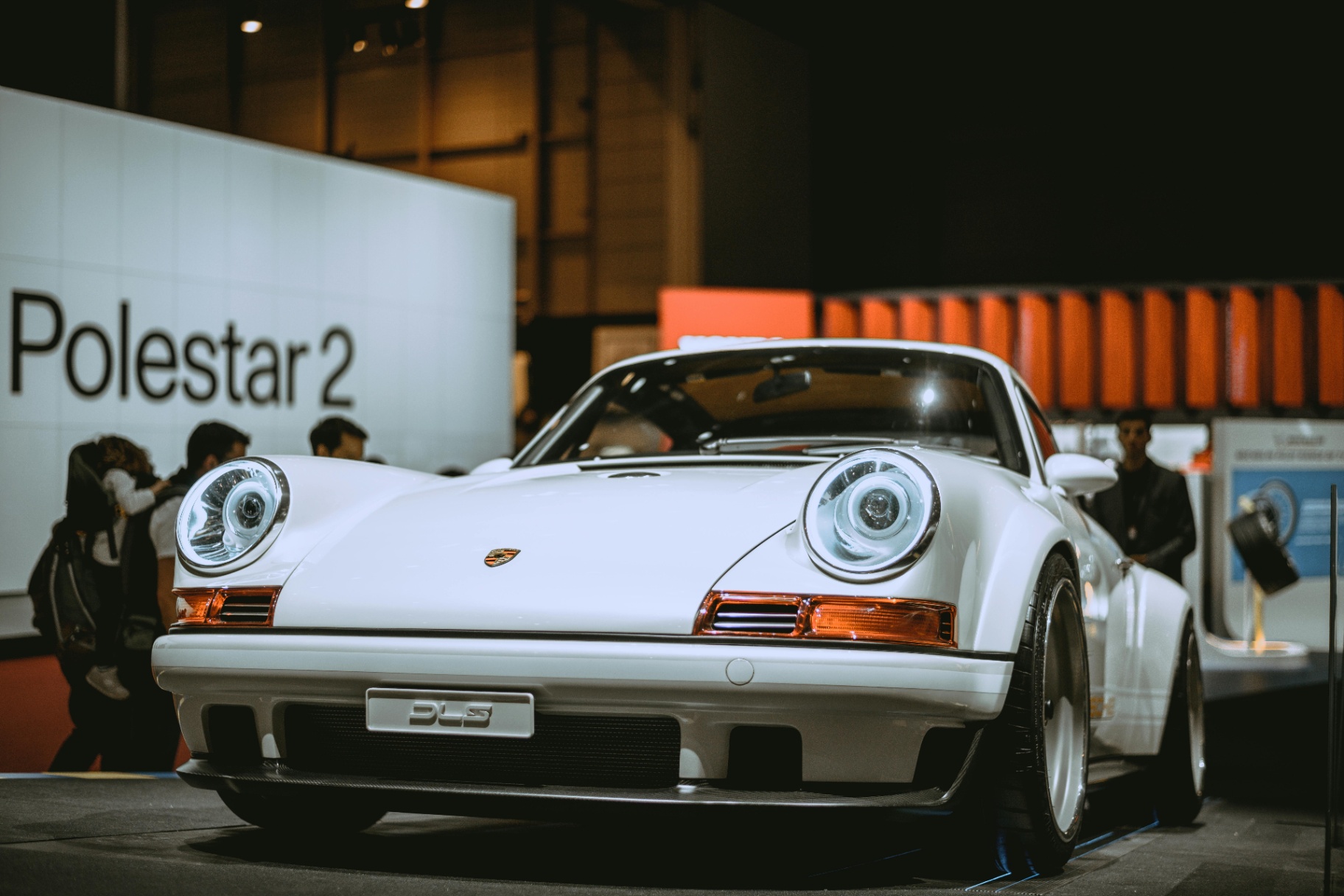
Technical Innovations
When we talk about RUF, we're talking about a brand that doesn't settle for the status quo. Since its inception, it has been synonymous with technical innovation and extreme performance, always pushing the boundaries of automotive engineering. But what truly sets RUF apart?
One of RUF's first major innovations was the introduction of its own turbocharging system in the 1970s. While Porsche was already experimenting with turbos, RUF decided to take it further. Alois Ruf and his team not only added turbos to Porsche engines but completely redesigned them to extract every ounce of power possible without compromising reliability. This led to the creation of beasts like the RUF Turbo 3.3, which left the competition in the dust.
But RUF didn't stop there. In 1987, they launched the iconic RUF CTR "Yellowbird," one of the first cars to feature an all-aluminum body, dramatically reducing weight and enabling exceptional handling.
RUF has been meticulous in documenting and publicly testing the performance of its cars. This focus on transparency and performance validation was pioneering at a time when many manufacturers, including Porsche, were not as forthcoming with details.
Over the years, RUF has developed its own manual transmissions for its cars, aiming to deliver a more precise and exciting driving experience. While most sports car manufacturers were shifting to automatic transmissions, RUF kept the passion for manual shifting alive, improving the gearbox engineering to make it more robust and precise.
RUF was also a pioneer in advanced aerodynamics. Instead of simply copying Porsche designs, Alois Ruf and his team developed their own aerodynamic kit, designed to improve top speed and optimize stability at high speeds. This approach was evident in the RUF CTR2 of 1995, which featured an adjustable rear wing and an improved cooling system. These elements allowed the car to reach speeds of up to 350 km/h.
In more recent years, RUF has continued to innovate, especially in the area of lightweight construction. With the RUF CTR Anniversary, launched in 2017, the brand once again impressed the world with a full carbon fiber chassis, designed in-house by RUF. This chassis, weighing only 1200 kg, enables unparalleled performance and agility, making the CTR Anniversary a worthy successor to the legendary "Yellowbird.
You might also like: Are Singers Really Better Than RWBs? | Singer

A Self-Reliant Brand
When you buy a RUF, you're not buying a tuned Porsche, but a completely new car with its own chassis number, homologated under the RUF brand. This is a big differentiator! And you might wonder if they have legal issues with the Porsche brand.
Of course not! In fact, the magic of RUF begins with "bodies-in-white," which are unfinished Porsche 911 bodies. These bodies are sent directly from the Porsche factory to RUF's facilities in Pfaffenhausen. There, RUF not only customizes and modifies the car but reimagines it from scratch. Every component is optimized, from the engine to the suspension, transmission, and interior. RUF doesn't just add power; it redesigns each car to offer a completely new experience, often surpassing the original in terms of performance and handling.
If you're a Porsche enthusiast, you can't miss this: Why Porsche Purists Hate Akira Nakai | RWB
One of the most curious facts about RUF is that the brand has managed to maintain artisanal production. This means that every RUF car is hand-assembled with almost obsessive attention to detail. In fact, the production time of a RUF can be significantly longer than that of a mass-produced car, but that extra time ensures that each car is a unique masterpiece.
A detail that many don't know is that RUF has been a well-kept secret among the most passionate enthusiasts for decades. For a long time, their cars were only known to those in the inner circle of high speed. However, this changed in 1987 when RUF launched the legendary CTR "Yellowbird".
Did you know that this record-breaking car was built in secret? When RUF presented it, it stunned everyone, and its fame exploded, making it an instant legend. This car earned the nickname "Yellowbird" due to its bright yellow color and its ability to "fly" on the track. This name was given by journalists and not by the brand itself, but it became an icon.
Another interesting curiosity is that RUF is one of the few independent brands that has ventured into the development of high-performance electric cars. The eRUF, presented in 2008, was one of the world's first electric sports cars, based on a Porsche 911 but completely electric. Although it was not mass-produced, this project showed RUF's forward-thinking vision and its commitment to innovation.
RUF is not just a company that modifies Porsche cars; it is an independent manufacturer with its own DNA, its own history, and its own approach to building cars. Every vehicle that leaves its factory is a manifestation of the passion and perfection that Alois Ruf Jr. and his team have infused into the brand since the beginning. And now, tell me, would you have a RUF?


